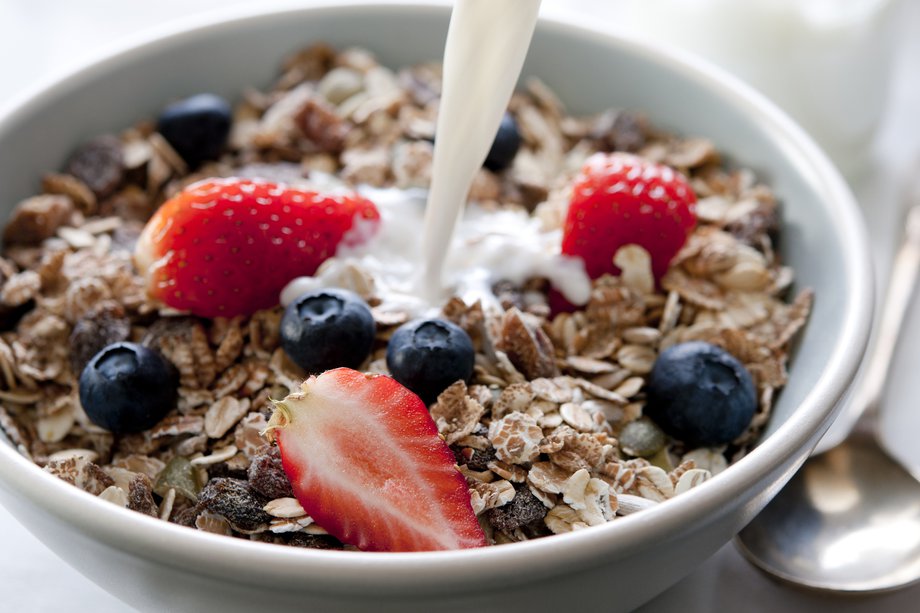Grains come into the form of flour by milling in grinders in classical grain processing. However, endosperms are separated from bran and wheat germ during this refining process and grains lose a great part of their ingredients where only starch containing part of the grain is being benefited.
 Whole grain containing foods are rich in terms of complex carbohydrates, proteins, fiber (diet pulp), vitamin B, antioxidants, zinc, iron, copper and magnesium as all three parts of the grain (endosperm, bran and wheat germ) are remained. Meals containing whole grains provide a slow and balanced use of energy in the body resulting in being active and full upon whole day. A nutrition style that is rich in whole grains has proven to reduce the risks of heart disease, type 2 diabetes1, obezity2 and some cancer types by scientific studies. In addition to these, this type of food aid in regulating the digestion system functions as fiber containing food consumption has been shown to act in improvement of intestinal movement.
Whole grain containing foods are rich in terms of complex carbohydrates, proteins, fiber (diet pulp), vitamin B, antioxidants, zinc, iron, copper and magnesium as all three parts of the grain (endosperm, bran and wheat germ) are remained. Meals containing whole grains provide a slow and balanced use of energy in the body resulting in being active and full upon whole day. A nutrition style that is rich in whole grains has proven to reduce the risks of heart disease, type 2 diabetes1, obezity2 and some cancer types by scientific studies. In addition to these, this type of food aid in regulating the digestion system functions as fiber containing food consumption has been shown to act in improvement of intestinal movement.
1 Van Dam RM, Hu FB, Rosenberg L, Krishnan S, Palmer JR. Dietary calcium and magnesium, major food sources, and risk of type 2 diabetes in U.S. black women. Diabetes Care. 2006; 29(10): 2238-2243.
2 Harland JI, Garton LE. Whole-grain intake as a marker of healthy body weight and adiposity. Public Health Nutr. 2008; 11: 554–563.
3 (a) Schatzkin A, Park Y, Leitzmann MF, Hollenbeck AR, Cross AJ. Prospective Study of Dietary Fiber, Whole Grain Foods, and Small Intestinal Cancer. Gastroenterology. 2008; 135:1163-1167. (b) Chan JM, Wang F, Holly EA. Whole grains and risk of pancreatic cancer in a large population-based case-control study in the San Francisco Bay Area, California. Am J Epidemiol.2007;166(10):1174-1185.


 Turkish
Turkish